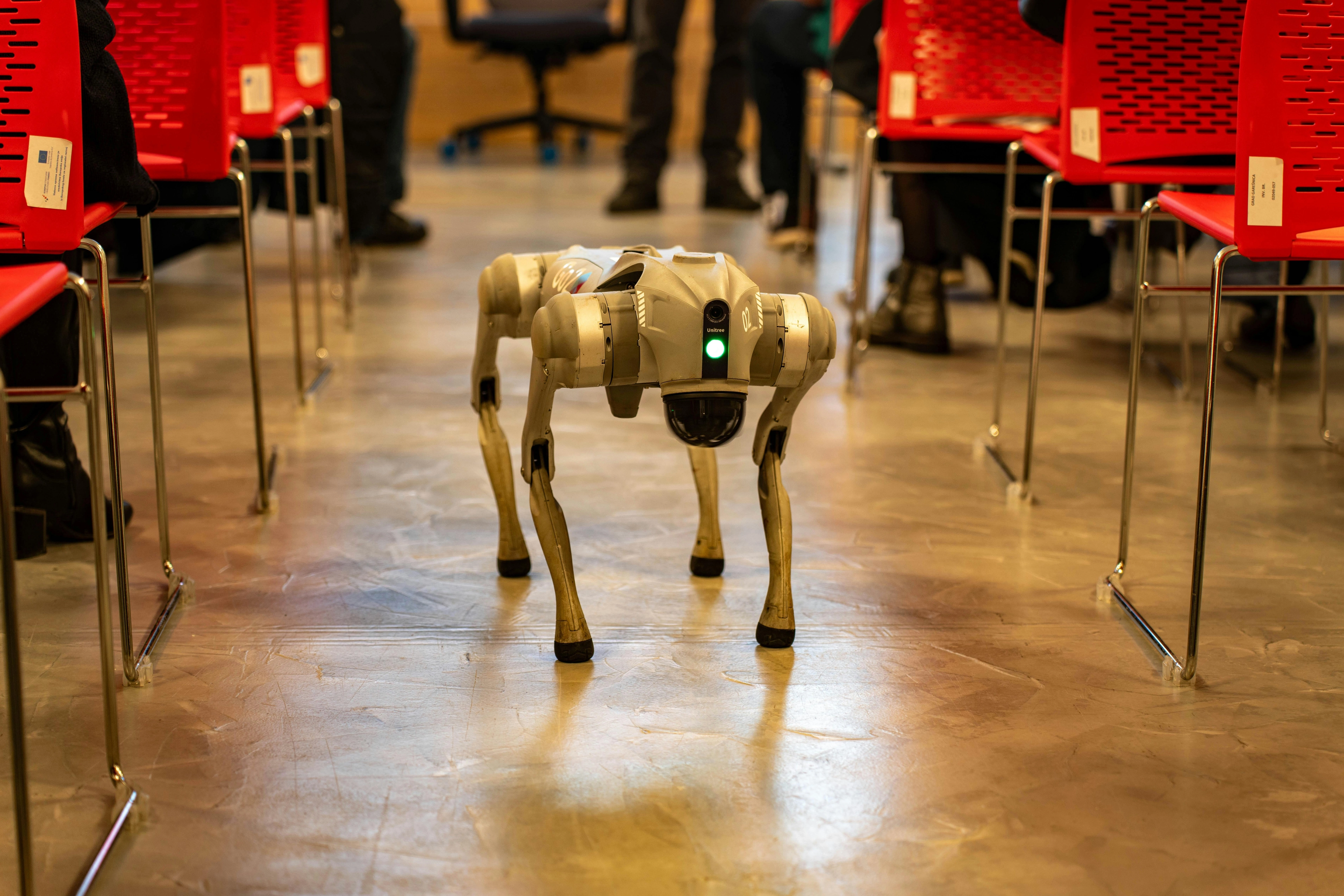In a groundbreaking development in the realm of robotics and artificial intelligence, Zurich has initiated trials involving AI-powered robo dogs for food delivery services. This innovative project seeks to revolutionize the way we think about food logistics by integrating cutting-edge technology into everyday activities. The robo dogs are designed to navigate urban environments efficiently, utilizing advanced sensors and AI algorithms to ensure safe passage through bustling streets and pedestrian areas. Equipped with the capability to recognize obstacles, pedestrians, and traffic signals, these robotic companions embody the future of delivery systems, offering a glimpse into a world where autonomous machines play a significant role in daily life.
The trials in Zurich are part of a larger trend where cities worldwide are exploring the potential of autonomous delivery systems to enhance convenience and efficiency in food distribution. With the rise of online food orders, the demand for quick and reliable delivery options has never been higher. Robo dogs could potentially alleviate some of the pressure on human delivery personnel, especially during peak times or in challenging weather conditions. The integration of AI allows these robots to adapt to their surroundings in real-time, making decisions that ensure timely and safe deliveries. This not only enhances customer satisfaction but also presents a unique solution to the logistical challenges faced by the food service industry.
As these trials progress, both the technology and its implications will be closely monitored. While the concept of robotic delivery may seem like something out of a science fiction novel, it is becoming increasingly feasible with advancements in AI and robotics. The success of these trials could pave the way for broader implementation of similar technologies in other cities, potentially leading to a significant transformation in how goods are delivered. However, this innovation also raises important questions about the future of work, urban infrastructure, and the ethical considerations surrounding the deployment of autonomous machines in public spaces.
In summary, the introduction of AI-powered robo dogs for food delivery trials in Zurich marks a significant step toward the future of urban logistics. As technology continues to evolve, the implications for society are profound, prompting discussions about efficiency, employment, and the role of automation in our daily lives. The outcome of these trials could not only redefine food delivery but also serve as a catalyst for broader changes in transportation and service industries, ultimately shaping the way we interact with technology in our everyday activities.




